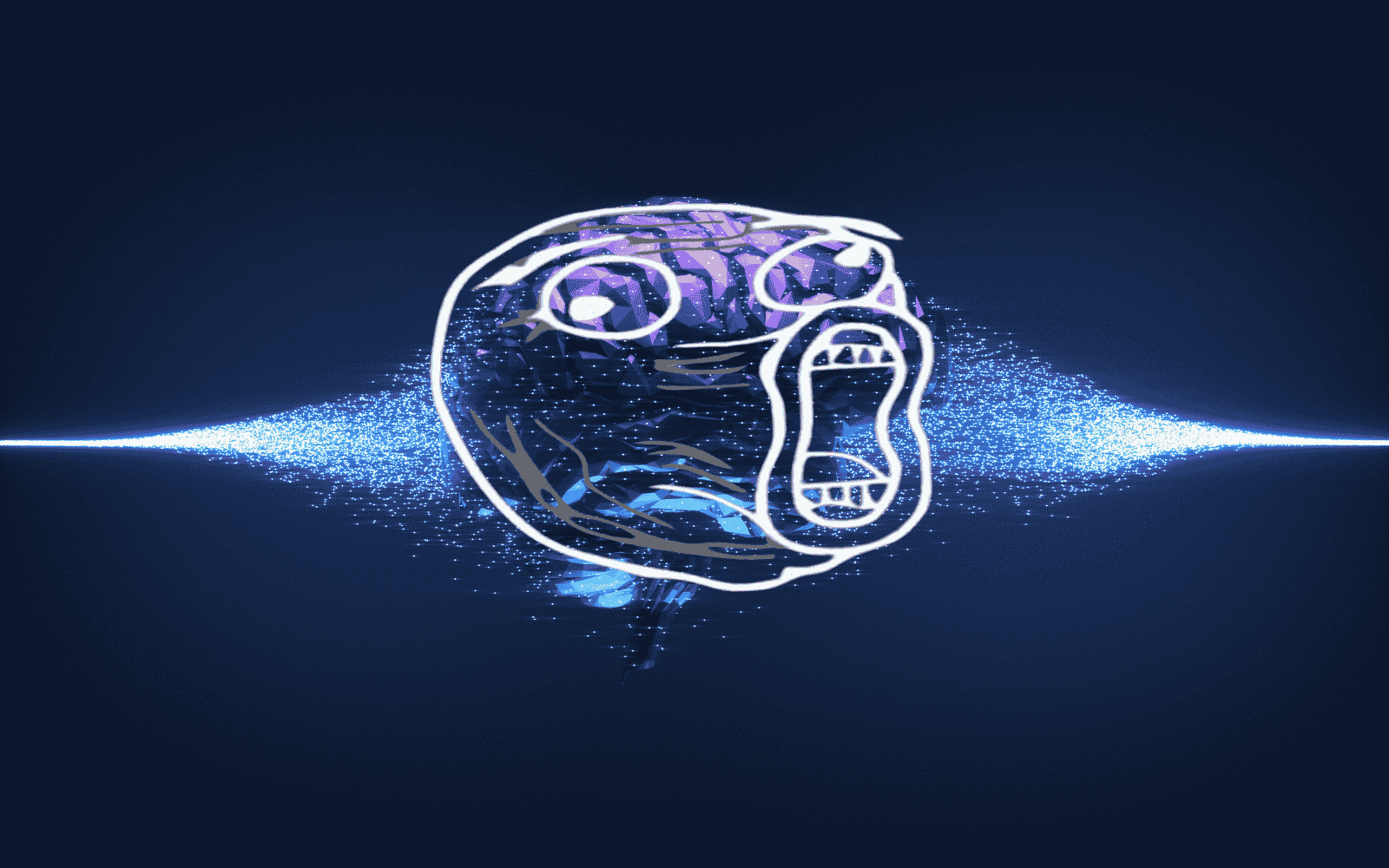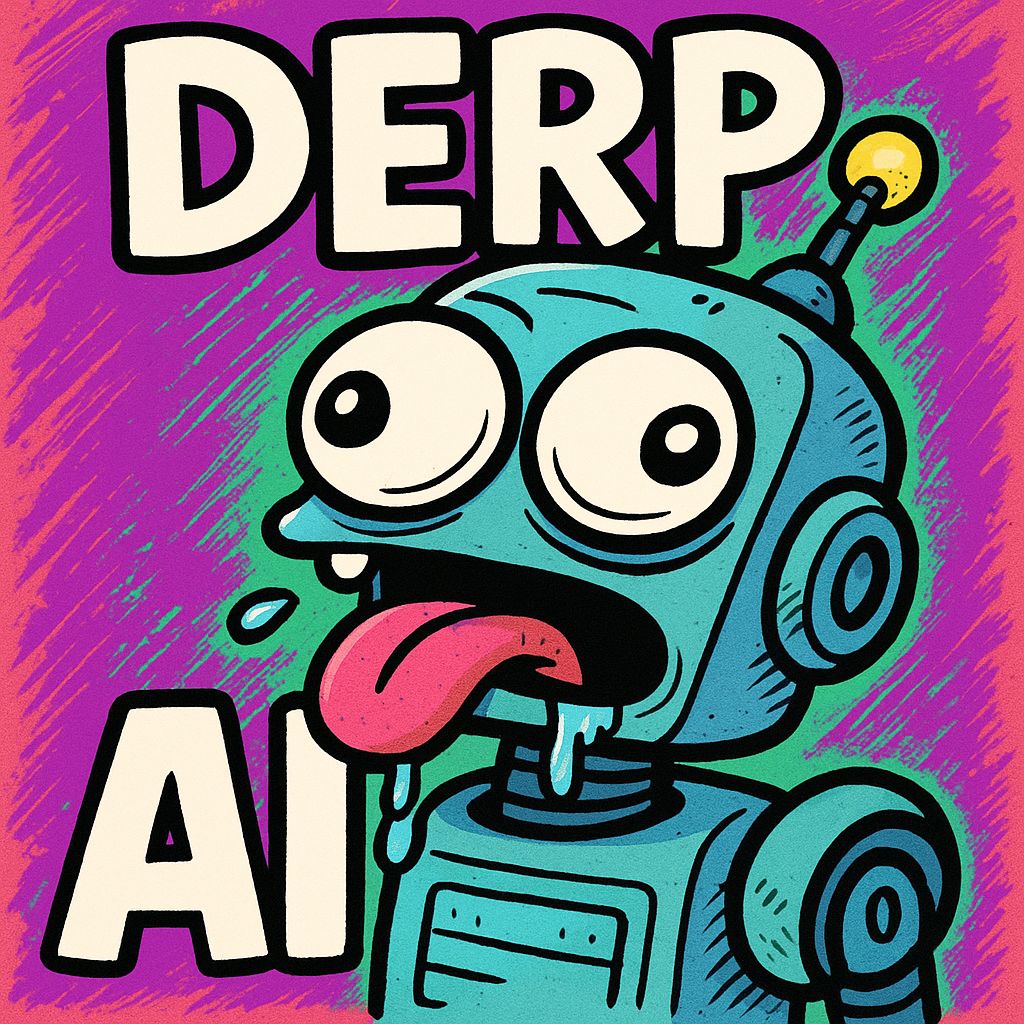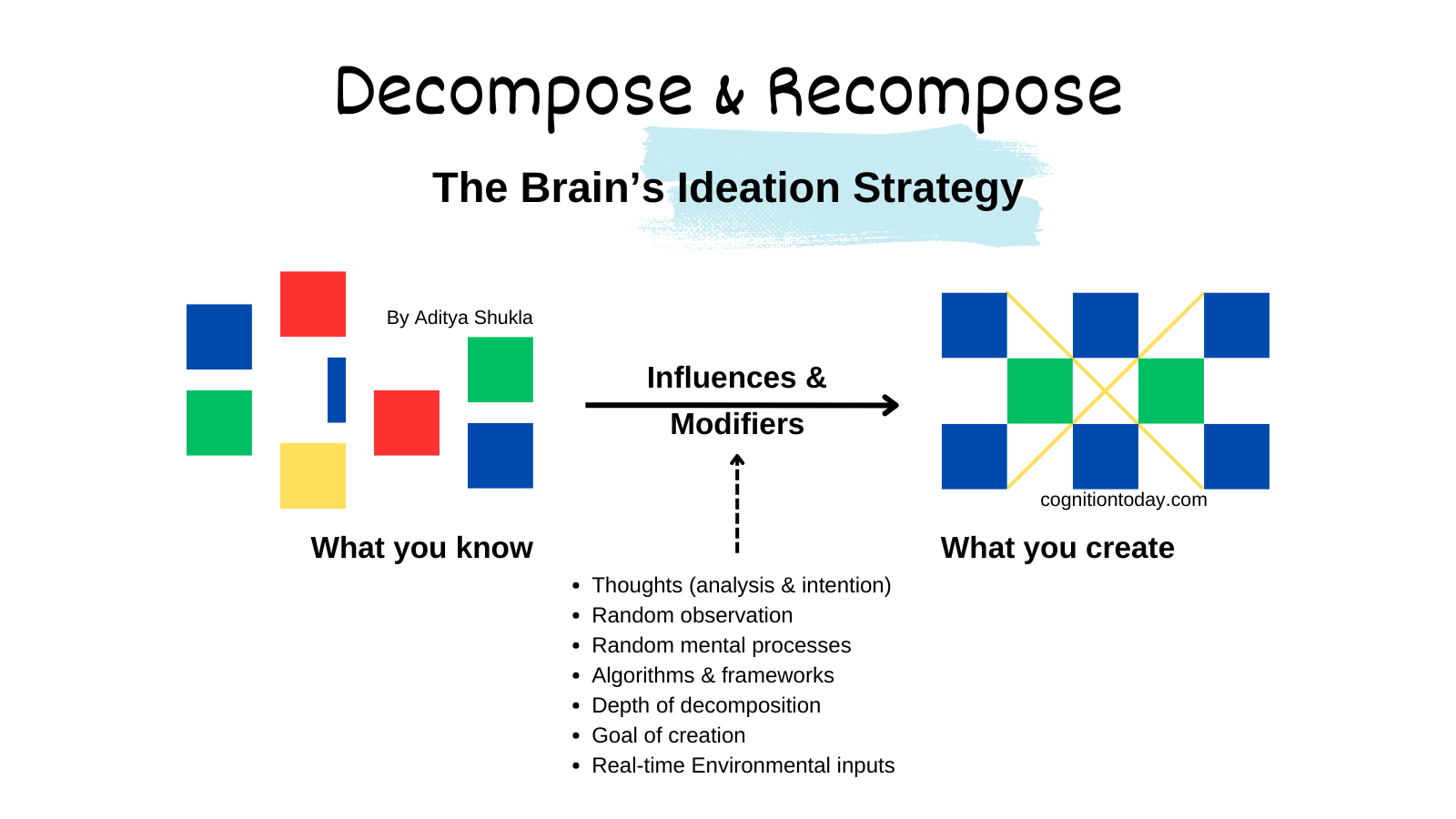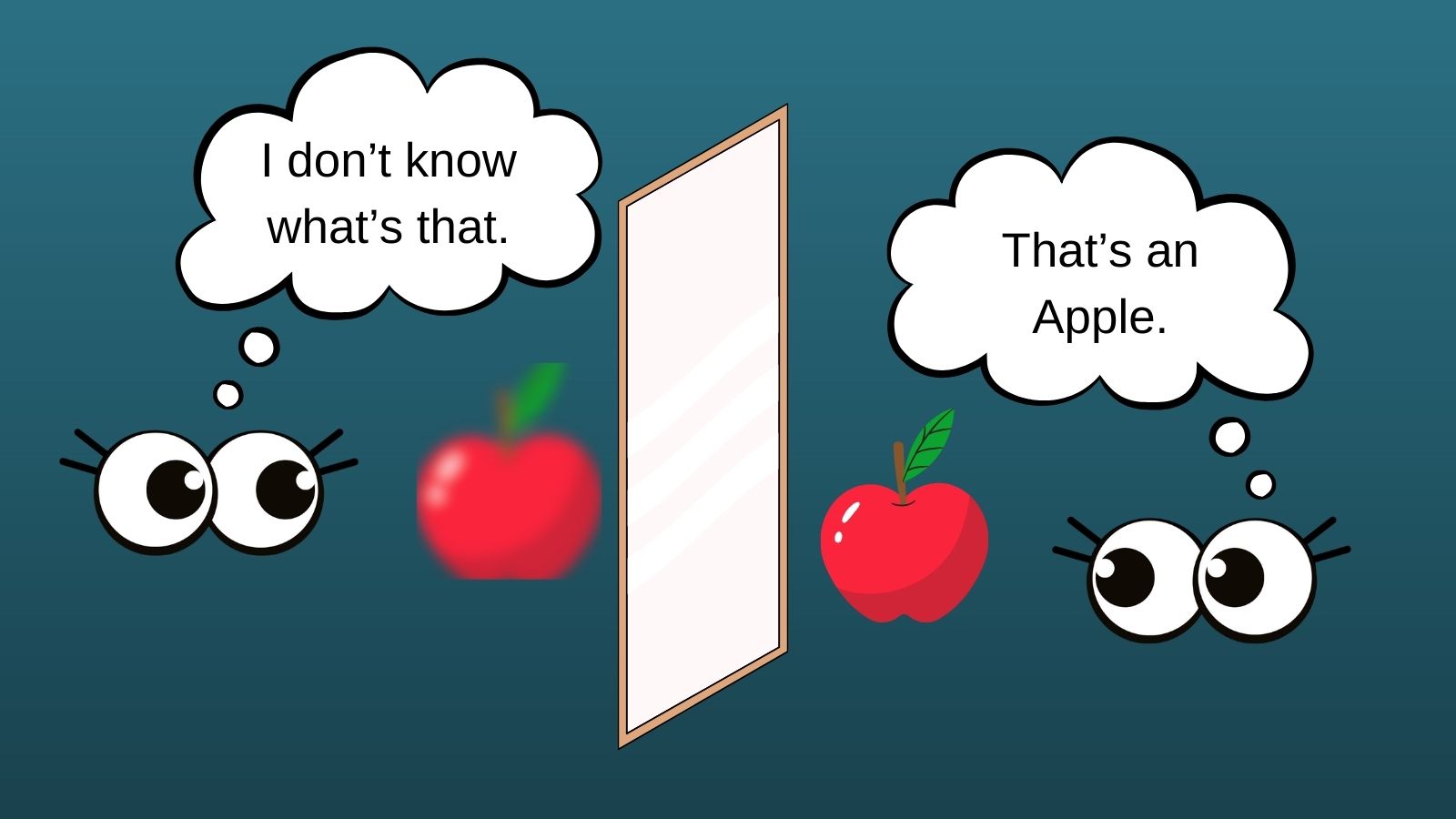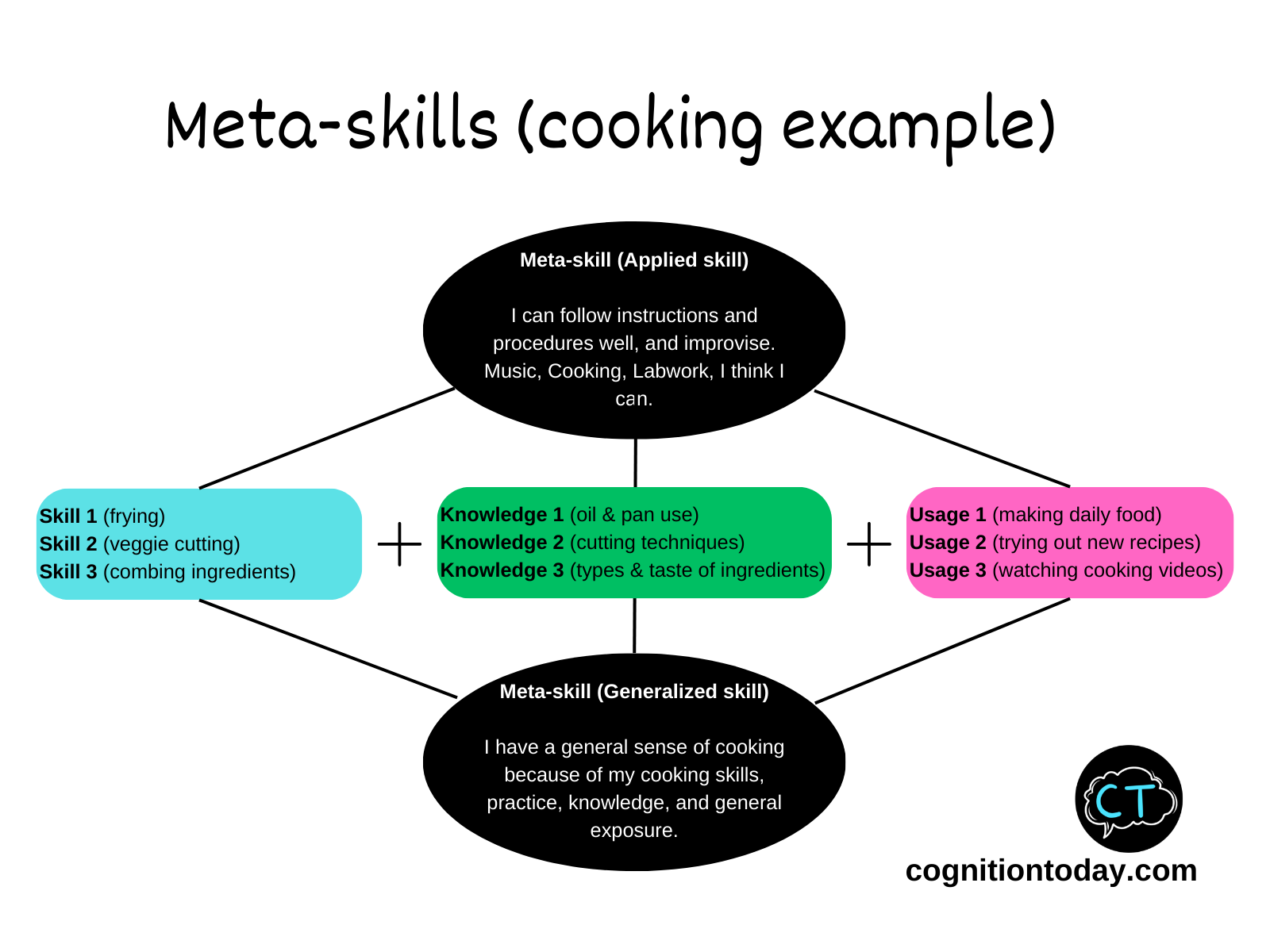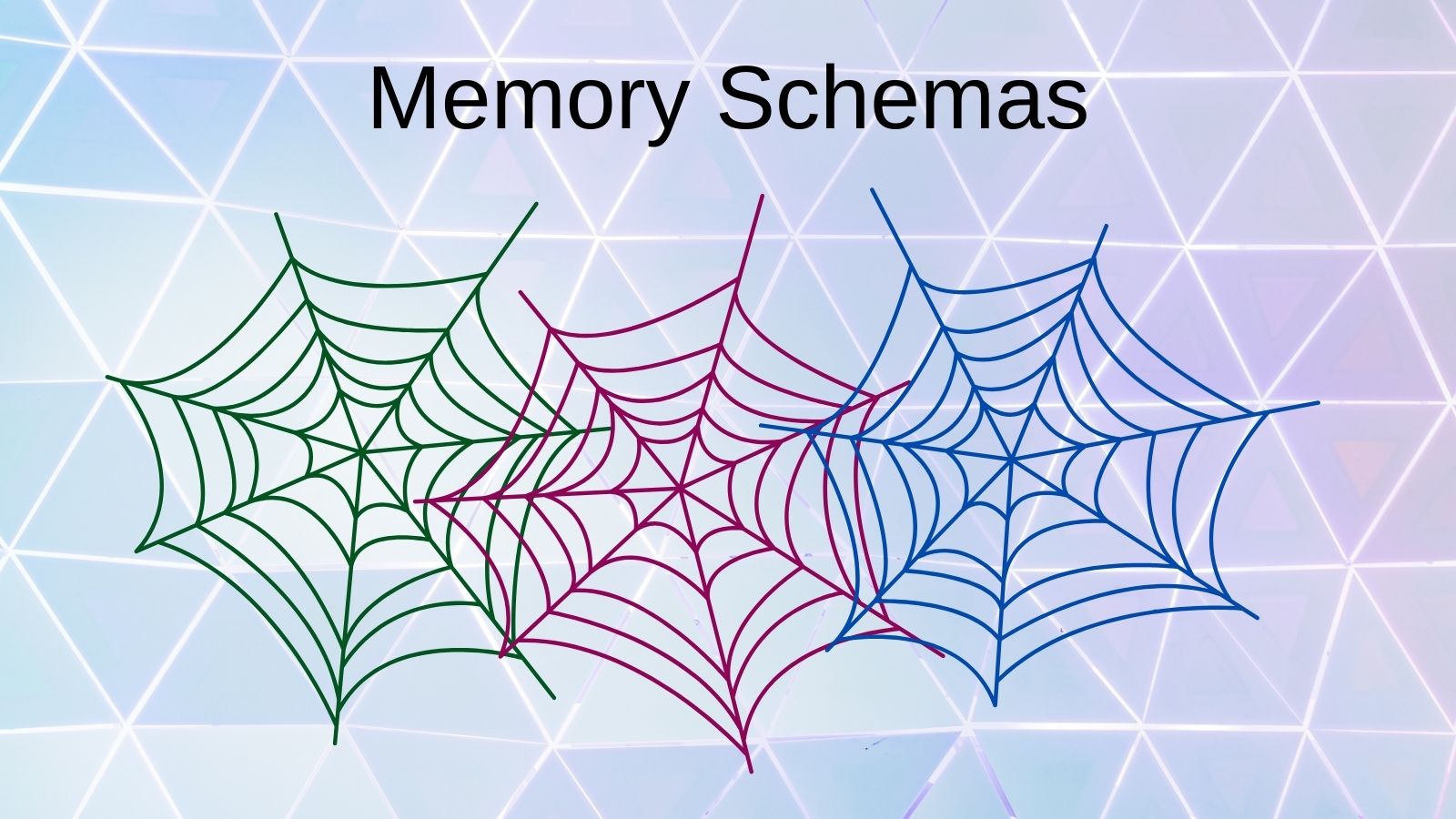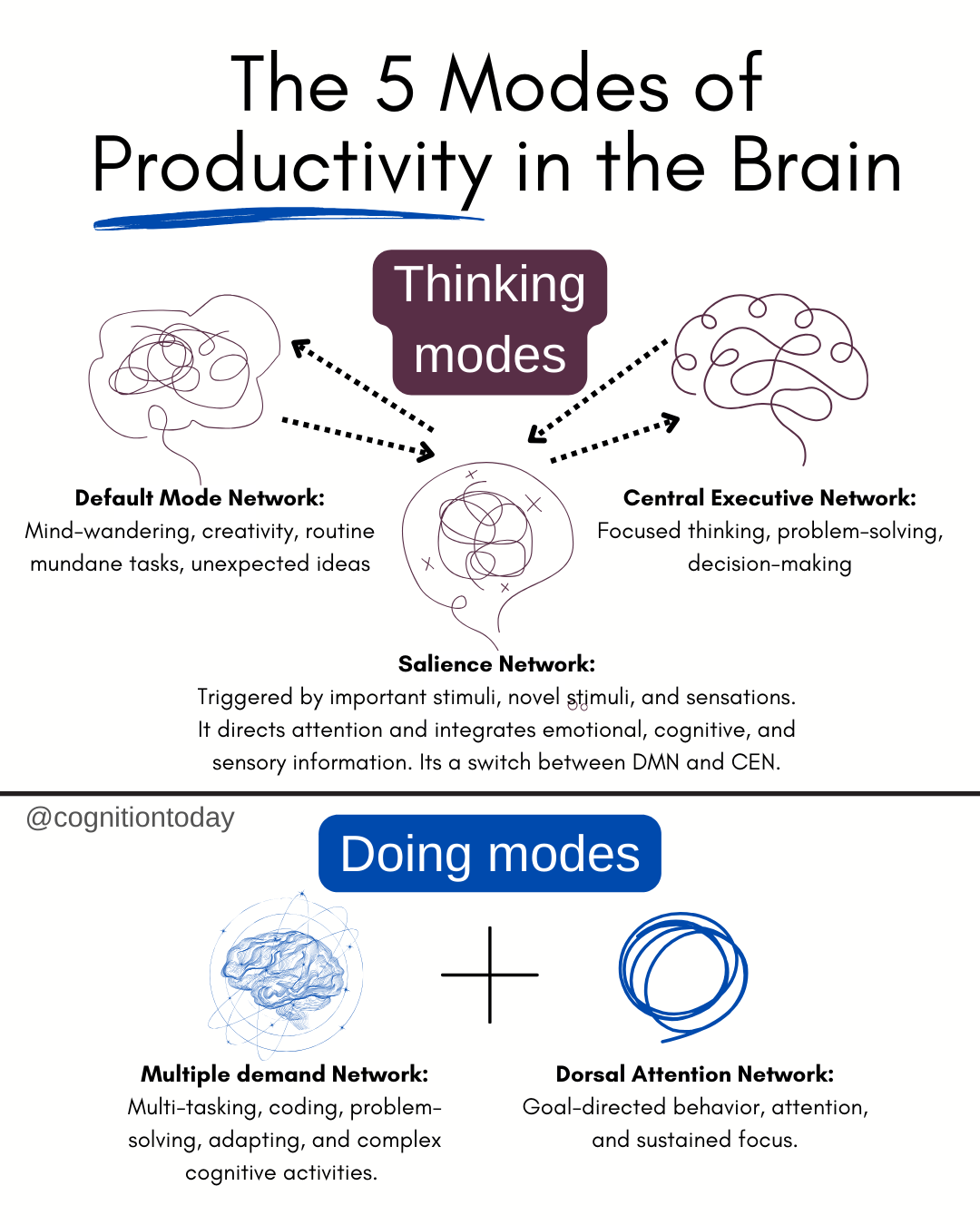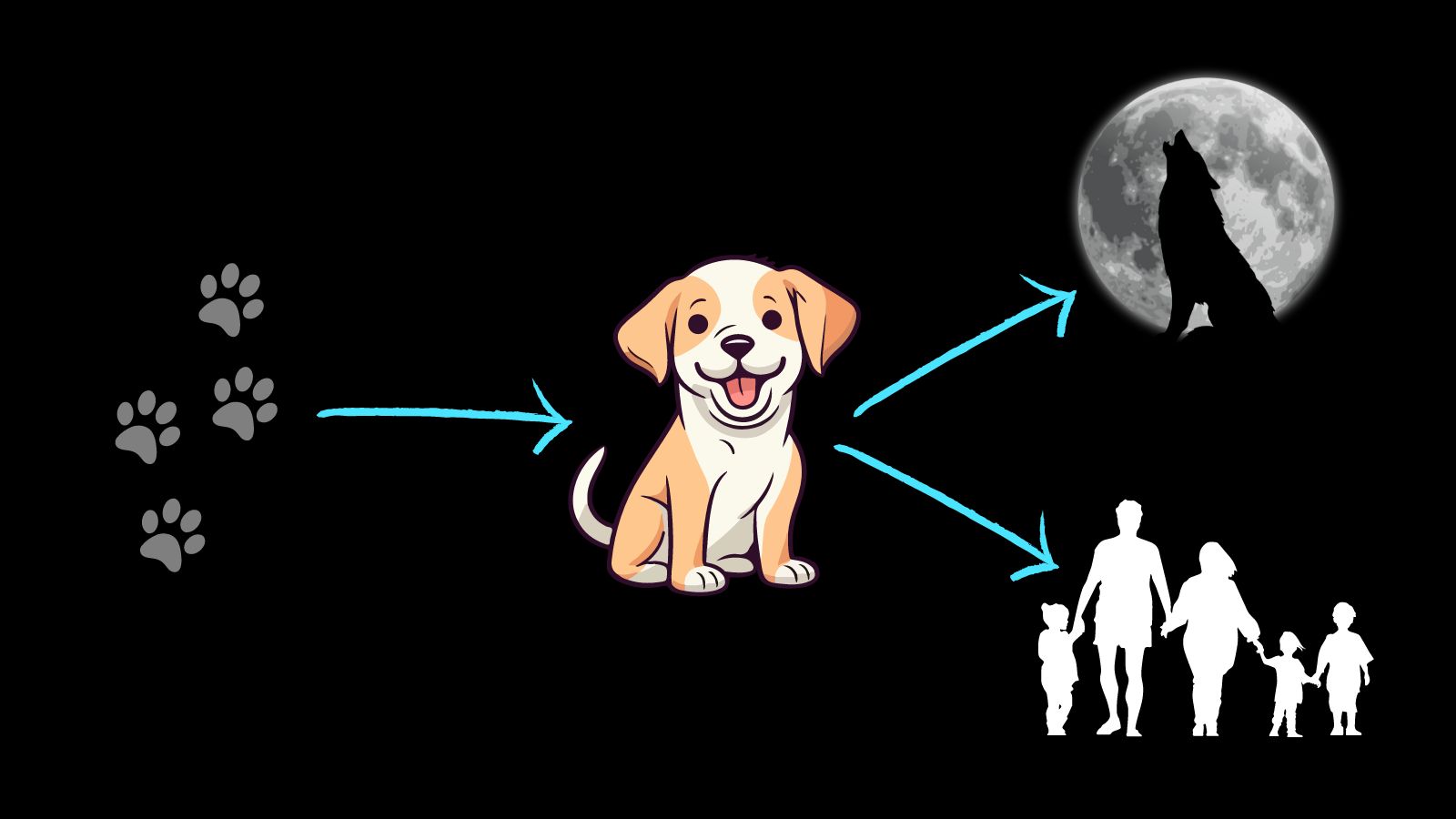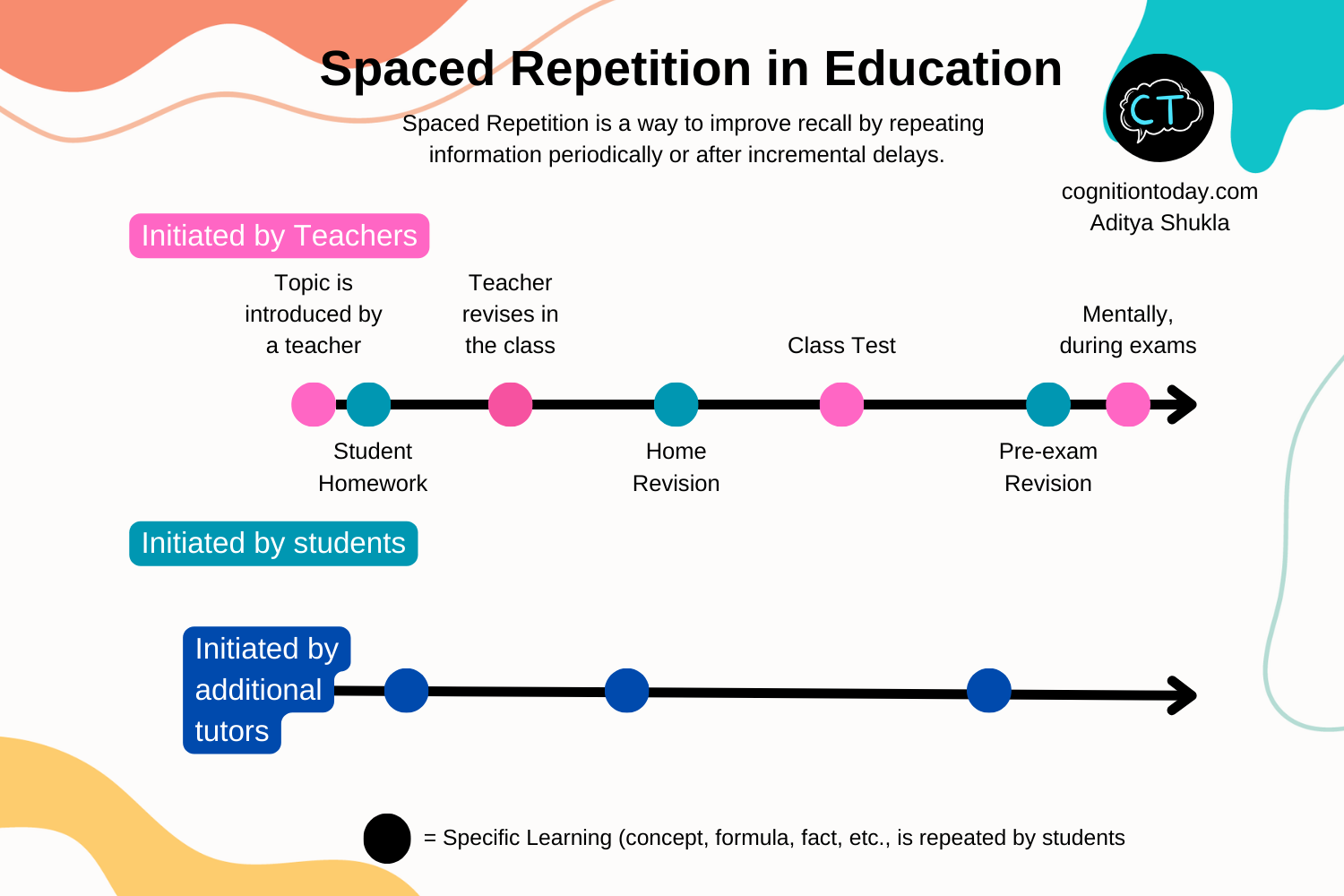You might wonder why “Cognition? What does it even mean?”
In most cases – it refers to thoughts and thinking mechanics.
In technical cases – it refers to attention, memory, sensation, perception, and internal mental phenomena.
In philosophical terms, it means – the 4E theory. It’s detailed in the Oxford handbook of 4E cognition, which was published after cognitive psychologists, philosophers, and many other allied researchers reached a consensus on how we should look at the mind .
Cognition is Embedded: Cognition is meaningful when the external environment is involved. E.g., thinking of cooking is cognitively easy when we have ingredients in front of us instead of imagining the ingredients. Involves culture, society, and environment.
Cognition is Embodied: Cognition is not limited to the brain, it exists across the body. And bodily changes alter cognition. E.g., Dancing well alters spatial reasoning. Involves the body.
Cognition is Enacted: It’s a meaning-making process that interprets information from the senses and internally generated thoughts. E.g., our brain doesn’t receive an image of our food on the table, we interpret a food experience using our senses and movement. Involves interaction with the world.
Cognition is Extended: It is directly associated with the tools we use. E.g., a calculator helps us think and reason. Involves tools we create, tools we naturally find, and other people.
The advantage of the 4E theory of Cognition is that it is no longer theoretical; it applies to all aspects of life – product development, conversations, education, daily interactions, computer-use, etc.
